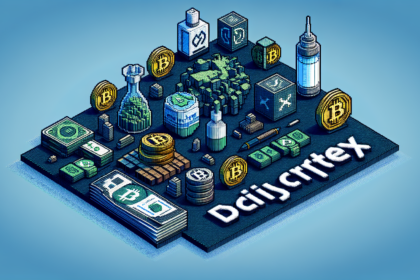Decentralized social media platforms offer promising alternatives to traditional systems. They aim to improve user privacy and data control but face challenges in usability, content moderation, and sustainable monetization.
Social media has become a major part of daily life, with over 5.07 billion people worldwide using platforms like Facebook, Instagram, and X as of April 2024. This translates to nearly 63% of the global population engaging online, sharing content, and interacting with communities both near and far.
The problem is that these platforms operate under centralized systems controlled by a few.
While this approach serves its purpose, it also monopolizes data control, often exploiting user information for profit without equitable benefits to the users themselves. The model’s design, focusing on data monetization, often compromises privacy and manipulates user experiences for financial yields.
In response, decentralized social media platforms like Farcaster have emerged as promising alternatives, addressing many of the core issues of traditional platforms. By decentralizing authority, these platforms enhance user privacy, increase control over personal data, and reduce susceptibility to censorship.
Nevertheless, decentralized systems face issues with sophisticated interfaces and the need for competitive features. They also grapple with content moderation and ensuring a seamless user experience across networks. Additionally, finding sustainable monetization strategies and addressing privacy and security concerns remain critical hurdles.
Papanikolas believes that, despite these challenges, the decentralized approach shows great promise in transforming the social media landscape.
First off, with the growing landscape of decentralized social protocols, how is Ham helping to enhance interoperability and provide users with a seamless experience across different networks?
The challenge for decentralized platforms like Farcaster is to create a seamless user experience across various networks. Ham addresses this by facilitating direct user interactions, such as sending currencies by dropping emojis as comments in social feeds. The integration aims to ensure that users of Farcaster and X can interact effortlessly with functionalities like tipping embedded automatically in all current and future applications built on these platforms.
As these platforms grow, content moderation becomes a challenge. How do you think that’s being addressed? Do you think decentralized autonomous organizations (DAOs) could play a role here?
At this point, I don’t believe DAOs will play a major role in content moderation. Instead, innovative builders will develop companies around auto-moderation. We are already seeing this happening with companies like Audomod and Airstack leading the charge into Farcaster moderation for channels. We will continue to see improved moderation tools that will use a combination of machine learning and static rule creation. Additionally, we will see more open-source ranking systems that begin to assign ranks to users based on their online and on-chain activity and social graph.
User adoption and usability are critical for any platform’s success. What strategies do you think decentralized social media platforms need to adopt to improve usability and drive mainstream adoption?
What I’ve learned from creating Ham is that decentralized social media platforms need to be both easy to use and, of course, fun. Farcaster-enabled networks are a breath of fresh air compared to the divisiveness found on today’s social platforms like X. Real people are having genuine conversations, and Farcaster is currently much more positive than X. Farcaster also includes features that aren’t possible on X, such as frames and cast actions, which allow developers to build custom experiences around.
Traditional advertising models might not fit well with decentralized platforms. What alternative revenue streams do you see as viable for supporting content creators and maintaining these platforms?
Decentralized platforms can explore novel monetization strategies, such as transaction-based models where interactions within the platform, like social tipping or content rewards, involve microtransactions. These systems provide a direct way for communities to support creators, leveraging the inherent capabilities of blockchain technology to facilitate transparent and secure financial exchanges.
Privacy and security are major concerns for users. What are some of the cutting-edge measures that decentralized social media platforms are implementing to protect user data, and how do these measures enhance transparency and user control?
To address privacy and security, decentralized social platforms are implementing innovations such as smart wallets and multi-party computation, which allow users to recover their accounts without a single party needing full control of their credentials and help ease those security questions. There are also things like multi-sig wallets that, over time, will become the standard for day-to-day account authentication.
Finally, what challenges do regulations pose as governments all across the globe are looking to exert more control over the decentralized space?
I’d imagine that decentralized social media is not yet on the radar of the regulatory bodies that oversee traditional tech platforms like Facebook. Just because an application is built on a decentralized social network doesn’t mean that it needs to forego any type of ethics. It’s up to the application how they want to display the data stored on the underlying network. Users will be free to choose which client they want to use.











